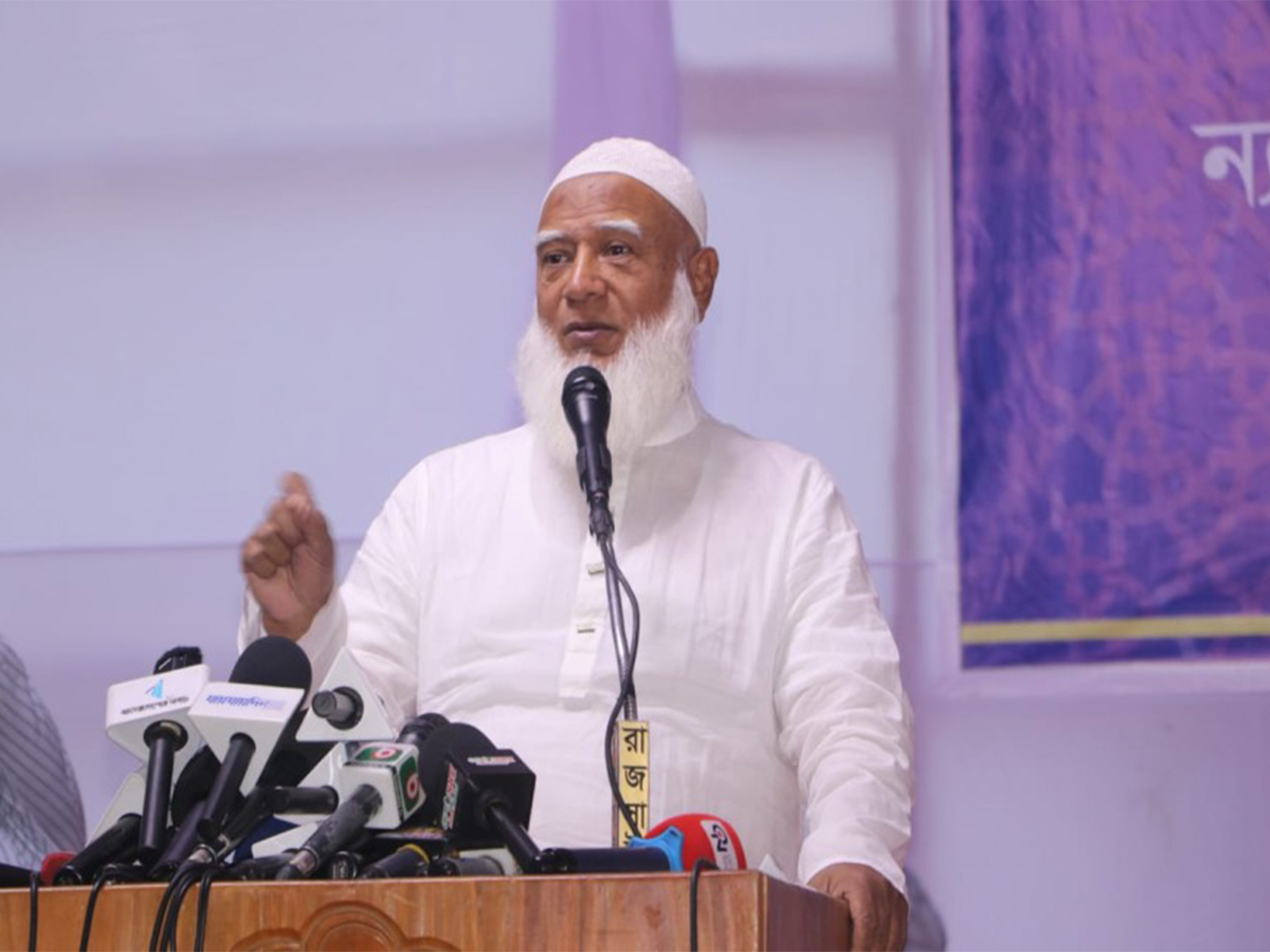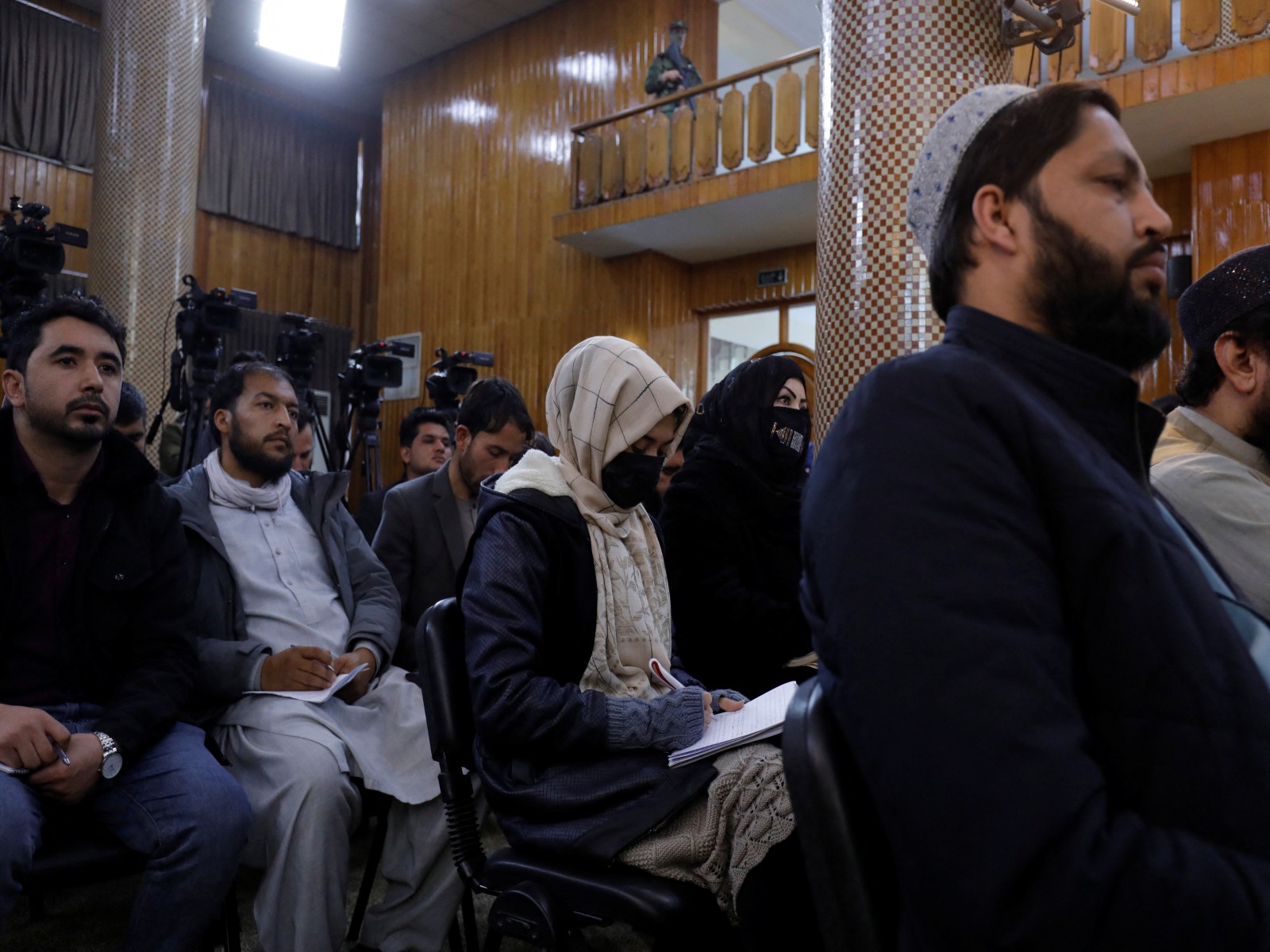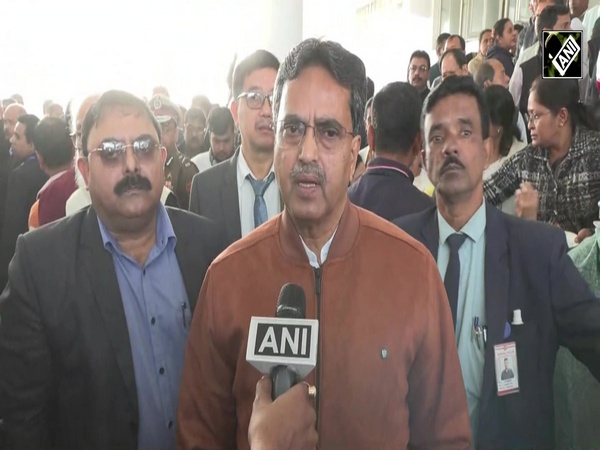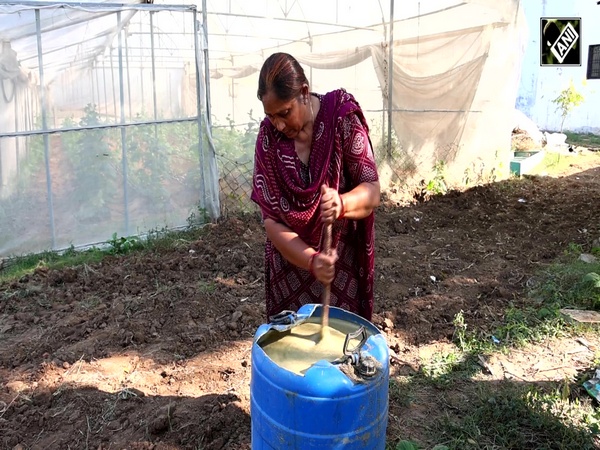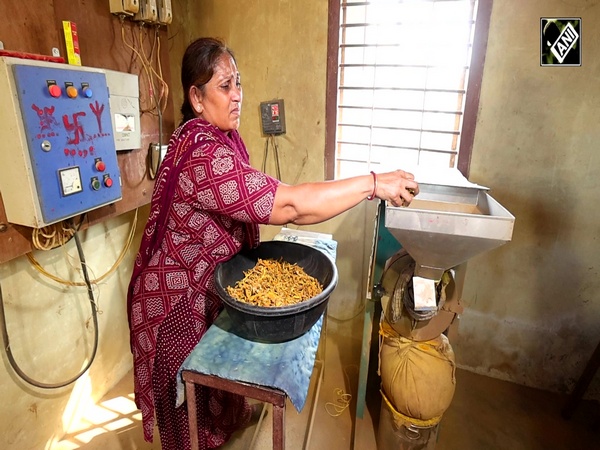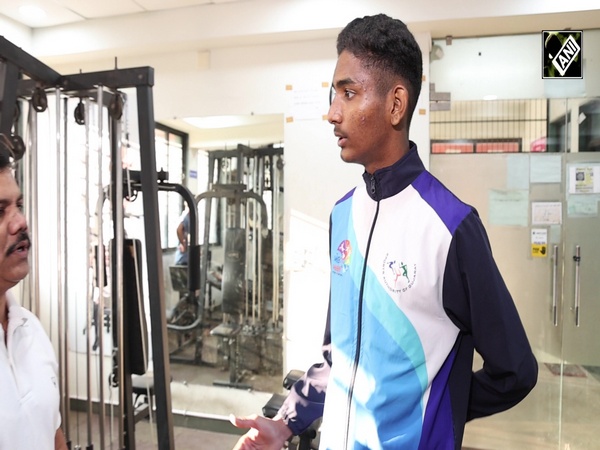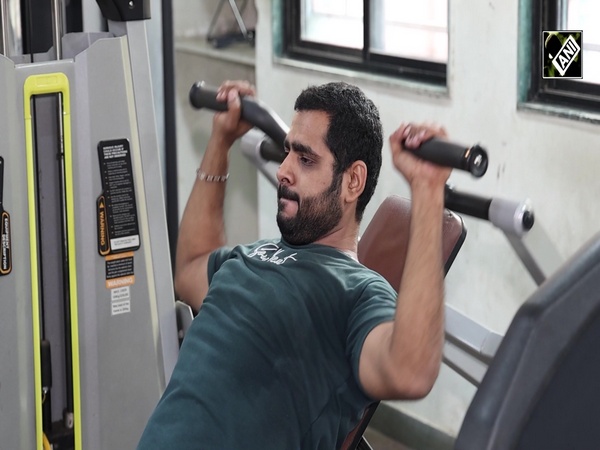This eco-friendly Israeli Aquaponics System might redefine sustainable agriculture
Aug 17, 2024
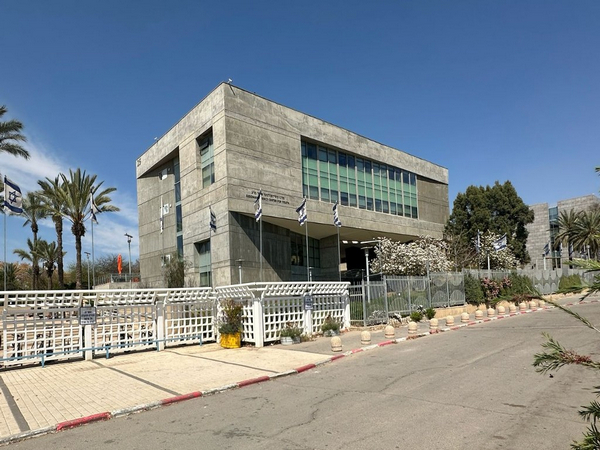
Tel Aviv [Israel], August 17 (ANI/TPS): Israeli researchers developed a groundbreaking aquaponics system that promises to revolutionize sustainable food production while minimizing environmental impact.
Aquaponics is a method that combines fish farming with hydroponic vegetable cultivation, creating a symbiotic environment where fish waste is used to nourish plants. In traditional aquaponics, fish are raised in tanks, and the water containing their waste, (effluent) is circulated to the plants. The plants absorb the nutrients from the fish waste, effectively filtering the water, which is then recirculated back to the fish tanks.
But a team of researchers at Ben-Gurion University is taking aquaponics a step further.
Their closed-loop system not only reuses the effluent but also treats fish solid waste through anaerobic digestion -- a process in which microorganisms break down organic material in the absence of oxygen, recovering energy and nutrients. This process results in a near-zero waste unit, which significantly reduces environmental impact.
"In terms of vegetable production, we increased it by over two and I believe that it can be doubled nearly very soon," research leader Professor Amit Gross told The Press Service of Israel. Gross is the director of the Zuckerberg Institute for Water Research at BGU's Jacob Blaustein Institutes for Desert Research.
With the innovation, he told TPS-IL, "We reduce the amount of waste produced by the system so it was all treated on-site, and that saves a lot of effort in terms of environmental burden and energy and costs related to the aquaponics practice."
After more than two years of testing, the system achieved 1.6 times higher plant productivity per unit area, used 2.1 times less water, and consumed 16% less energy per kilogram of feed compared to conventional aquaponic systems.
The potential impact of this system is enormous. Gross's calculations suggest that scaling the system to produce about one ton of fish could eliminate the need for external energy, require less than 1% water exchange, and produce negligible waste.
While aquaponics isn't primarily designed to capture carbon dioxide, the Israeli system contributes to carbon "sequestration," partly because fish have a smaller carbon footprint and partly due to the energy efficiency of the process.
"Combining fish growth with vegetable production and preventing waste is a win-win," he said.
The research and proof of concept were recently published in the peer-reviewed Resources, Conservation & Recycling. (ANI/TPS)


